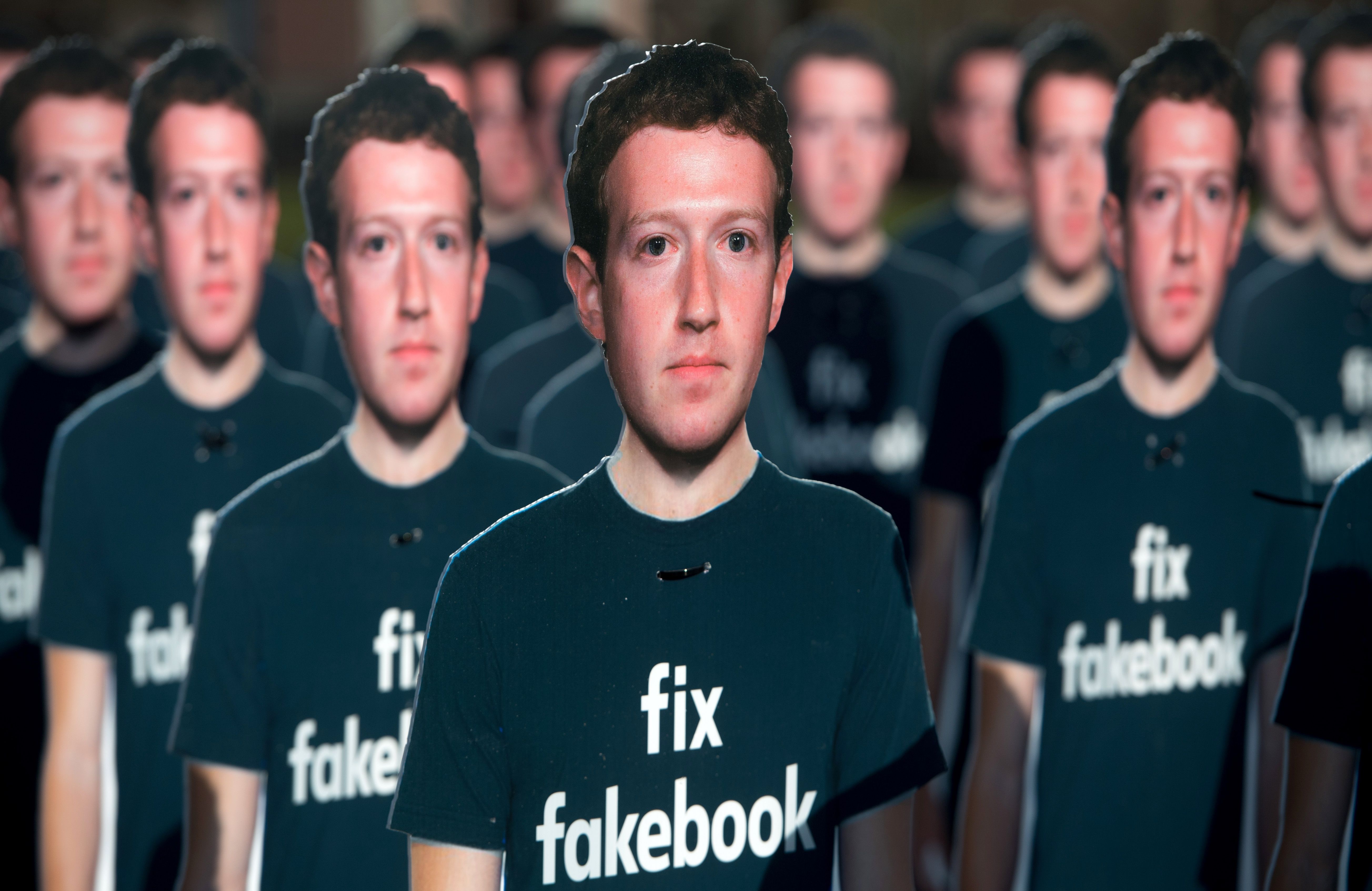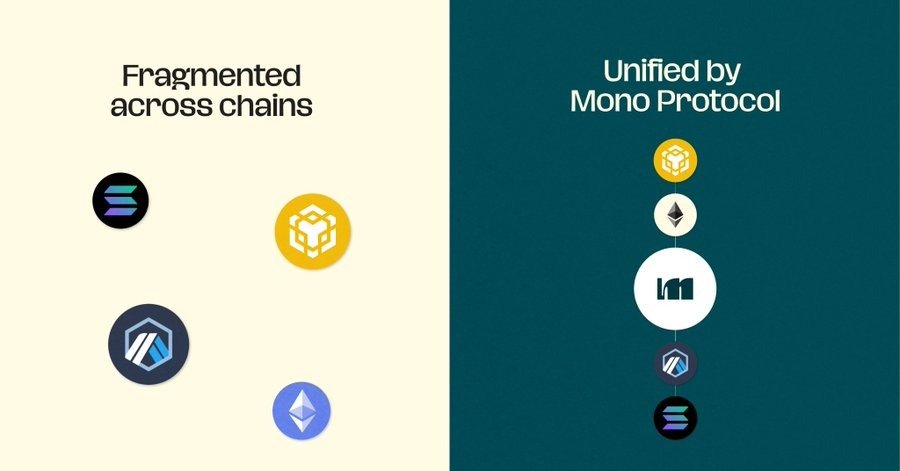Facebook needs a white hat Cambridge Analytica

Facebook has hada terrible couple of years. Fake news. Cambridge Analytica. Charges of anti-Semitism. Russia hacking the 2016 election. Racist memes, murders and lynchings in India, Myanmar and Sri Lanka.
And Facebook is just the tech company with the longest list of scandals.There’s Google, YouTube and Twitter’s well-documented roles in radicalization to consider, not to mention growing global health crises caused by medical misinformation spread on all the major platforms.
Investors are rightly beginning to worry. If tech companies and their investors can’t foresee and stop these problems, it will likely lead to damaging regulation, costing them billions.
The rest of us are increasingly unhappy that internet giants refuse to take responsibility. The argument that the problem lies with third-party abuse of their tools is wearing thin, not just with the media and politicians, but increasingly with the public as well.
If the tech giants don’t want regulators to step in and police, they need to do much more to predict, and stop the abuse, before it even happens.

One hundred cardboard cutouts of Facebook founder and CEO Mark Zuckerberg stand outside the U.S. Capitol in Washington, DC, April 10, 2018. Advocacy group Avaaz is calling attention to what the groups says are hundreds of millions of fake accounts still spreading disinformation on Facebook. (Photo: SAUL LOEB/AFP/Getty Images)
The common factor in social media scandals
The problems mentioned above weren’t caused by anybody breaking existing social network rules. Nor
Be the first to write a comment.



